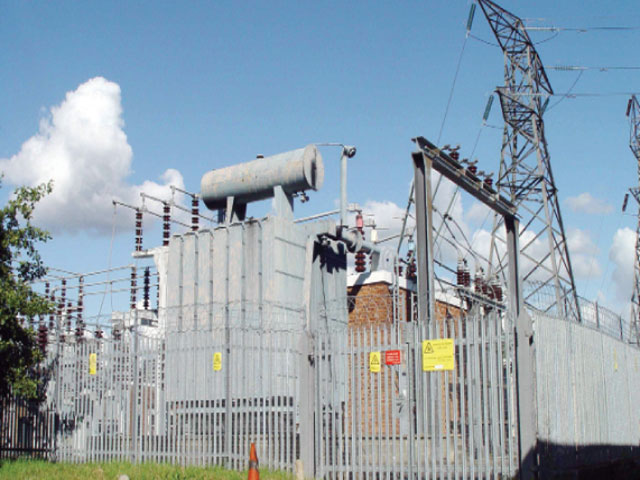The Federal Government and the Nigerian Electricity Regulatory Commission (NERC) yesterday dashed the hope of many Nigerians as they said there is no going back on the 45 per cent increase in electricity tariff.
Minister of Works, Power and Housing, Mr. Babatunde Fashola and the Acting Chairman, NERC, Dr. Anthony Akah, disclosed this yesterday during a joint committee of Labour and Power public hearing on the electricity tariff hike as mandated by the Senate in February when a motion was moved to that effect by the Chairman, Committee on Labour, Employment and Productivity, Suleiman Nazif (APC, Bauchi North).
The Senate had in its resolutions on the motion, aside ordering for the public hearing, also ordered for reversal of the tariff hike by NERC which was however not complied with.
Explaining his refusal of obeying the directive, the NERC boss told the joint committee that obeying such directive would have created series of avoidable setbacks in the sector such as a market gap of about N575 billion, which would have compounded the initial market gap of N187 billion take-off tariff slammed on investors.
Supporting the submission of the NERC, Fashola, who stated that the sector needed the market reflective tariff to survive, said basket of indices led to the hike such as borrowing rate for the investors, exchange rate, availability and cost of gas and so on.
Fashola said: “One of the reasons why the tariff has to go up was that a major component, a significant number of our power plant, depends on gas and out of about 26 power plants that we have, only about three are hydro.
“We were heavily dependent on gas, people were exporting gas because gas was selling outside the country at $4 and it was selling for domestic use at $1.30. Government reviewed that price to $3.30 and it is the primary component for manufacturing.”
According to the minister, even with the recent hike in electricity tariff, Nigeria still ranks among countries with low tariffs in Africa and by extension, in the world.
He said that since 2005 when power privatisation process started till 2013 when the major generating companies (Gencos) and distribution companies (Discos) were handed over to investors, every segment of government was involved and if there is any failure now, it should be for all and not a particular group.
He, therefore, pleaded with the lawmakers and Nigerians to be more patient with government and investors on the process as three years are not enough to judge their success or failure.
Secretary-General, National Union of Electricity Employees (NUEE), Mr. Joe Ajaero, said the commission did not consult them before the increase in tariff.


One Response
What were they thinking before they started planning on electricity tariff hike. One genuine reason might convinced us.